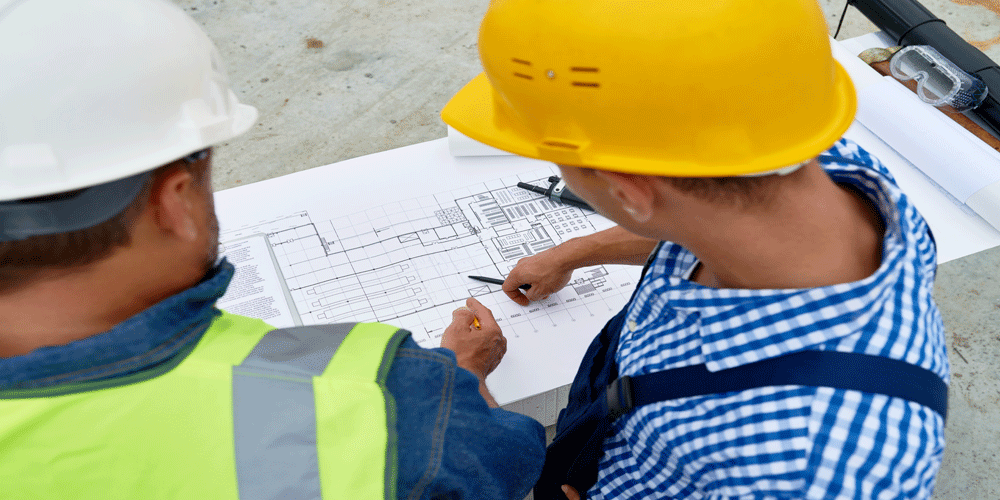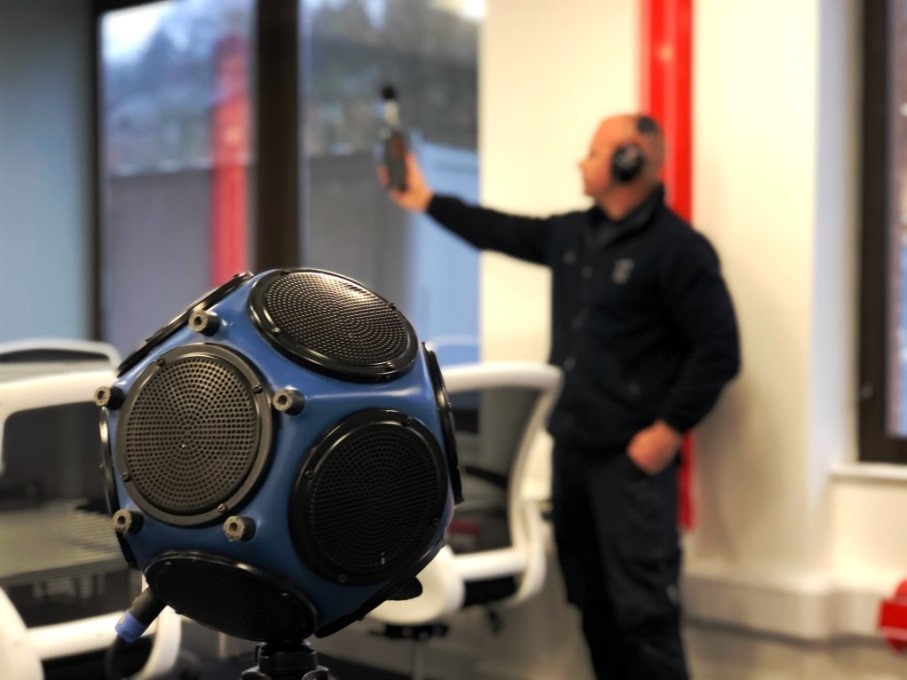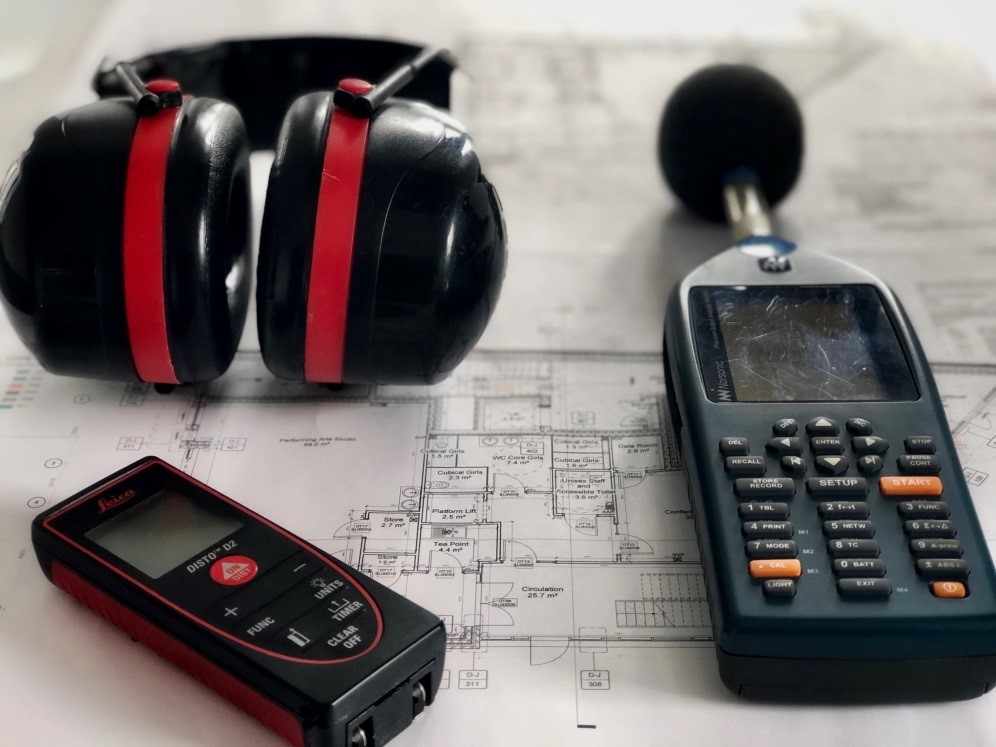
How to Pass Sound Testing for Party Walls
Tips on How to Pass Sound Testing for Party Walls
There are many reasons why party walls fail the pre-completion sound testing. To try and help our customers we have written this article, which should help you achieve a sound test pass at the first attempt and avoid expensive remedial works.
What is airborne sound?
Airborne noise/sound is defined as any sound that is transmitted via the air, like speech or music. Sound waves are picked up and carried by air until they hit something solid, like a wall, floor, or ceiling. The collision sends vibrations through the wall and into the space beyond it. This is why you are able to hear music or shouting from neighbours as if it were inside your home; the sound waves created are carried by air until they reach your walls and vibrate through them which can be a real pain.
Under Approved Document E you are only required to undertake airborne sound testing for party walls. For floor partitions you are required to carry out both airborne and impact sound testing. The airborne sound insulation test is carried out by means of a loudspeaker emitting a steady source of noise on one side of the partition (wall or floor) to be measured.

The main acoustic design considerations for party walls in flats
To improve the chance of a successful sound test and reduce the chance of noise flanking you will need to ensure that you allow for the following five acoustic design considerations, when upgrading an existing floors and walls in flats they are:
- Mass
- Isolation
- Absorption
- Resilience
- Stiffness
Items to action prior to the undertaking of sound testing through Walls.
- The whole building envelope and internal walls and floors should be fully completed.
- All service boxings should be in place – usually located around kitchens/ bathrooms etc.
- All electrical fittings must be completely in-place, and fully functional. Poor electrical installation can lead to excess noise.
- Electrical sockets should never be placed back-to-back in walls as this can cause an acoustic weak point.
- If kitchens are constructed on party walls it is a good idea to introduce a service liner so excess services penetrations holes are not cut through the party wall.
- All internal and external doors and windows should be installed and closing properly.
- No carpets or laminated flooring should be fitted at the time of the testing. These materials can affect the movement of noise, and as a result could impact on whether a building passes the sound check test.
- The building skirting board should not touch the floating floor – an acoustic flanking strip should be installed.
- All gaps in walls and floors should be sealed. Noise can leak out through any gaps, affecting the movement of sound and impacting on the space’s performance.
- All noisy works should be stopped for the duration of the testing as this can have a negative effect on the sound test results.

A simple acoustic upgrade for existing party walls
If you have an existing party wall that is being retained in your conversion project, one quick and simple way to improve the acoustic performance of existing dividing wall partition can be achieved by installing a 70mm met-sec partition in front of the existing wall – it is usually best to install this in the largest room. Leave approx. 25mm gap between the back of the met-sec and the wall. Then install 50mm acoustic wool with a minimum mass of 45kg/m3 to the inside of the met-sec. This can then be fished by adding two layers of 15mm soundboard to the outside of the met-sec frame – ensure all boards are properly lapped and the perimeter joints are filled with acoustic mastic.
How APT Sound Testing can help with your acoustic requirements
It can be very time-consuming trying to identify the cause of a failed sound test. Therefore, it is always best to hire an experienced consultant. APTs acoustic consultants have years of experience and will advise you on the best course of action to rectify any problems with the acoustic design on your project. We are also a UKAS accredited company, so you can be sure of a friendly and professional service providing a ‘one stop’ solution for all your acoustic requirements.
APT can advise on all types of acoustic design to help you pass your sound testing to party walls and floors in flats, whether it is accomplished during initial construction or during a refurbishment or renovation project. Whatever the problem we can usually find an acoustic solution that will help you achieve Building Regulation compliance, reducing the risk of costly remedial works to your project prior to handover.
If you require sound insulation to party walls or floors, or you need an acoustic design review on your development, please contact us now or visit our acoustic design page.
For further advice on acoustic design and sound testing services please contact our expert acoustic consultants today on 01525 303905 or email us at info@aptsoundtesting.co.uk for friendly advice about building party walls and floors and/or sound insulation testing on your construction project.